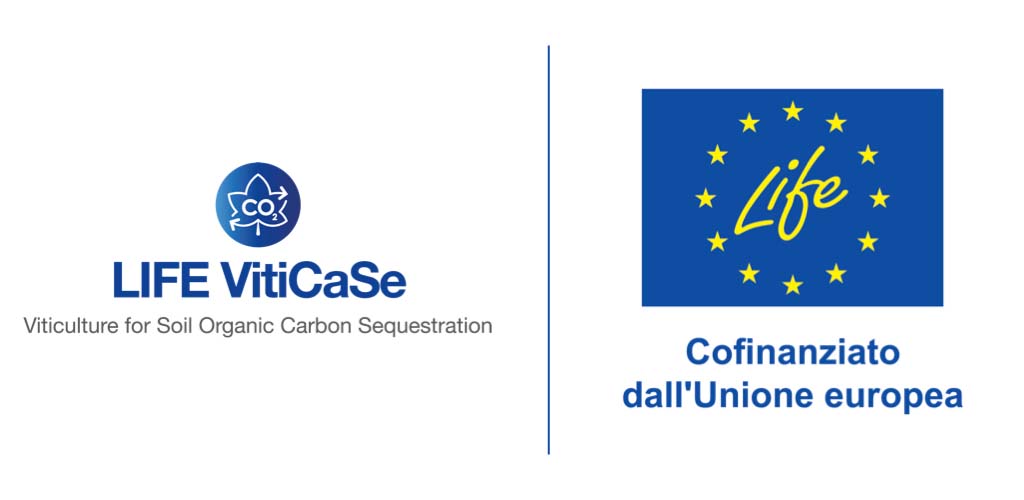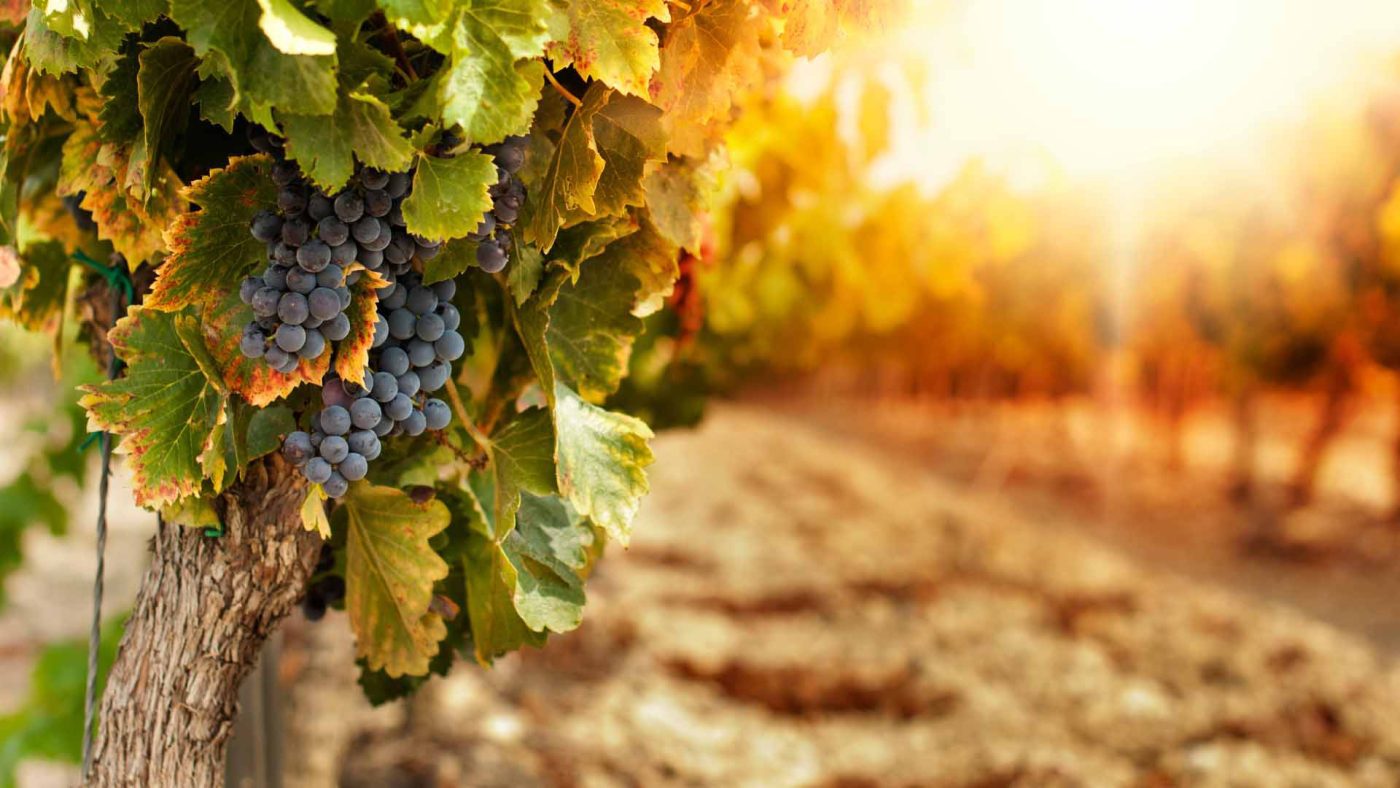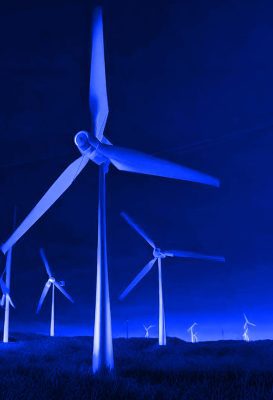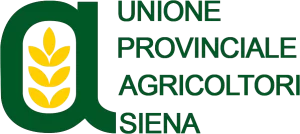
LIFE VitiCaSe kicking off: the Italian project fighting climate change with carbon farming in viticulture
In the context of increasingly worrisome climate change, the adoption of carbon sequestration agricultural practices is a promising solution to help mitigate greenhouse gas emissions. Hence, this project becomes pivotal as it actively contributes towards accomplishing one of the key climate objectives outlined in the European Green Deal: a 55 percent reduction in emissions by 2030. The LIFE VitiCaSe project, backed by funding from the European Union Life Program, stands out as a unique and pioneering initial at both a European and global level. Its primary objective is to enhance carbon sequestration in agricultural soil, thereby curbing greenhouse gas emissions and actively contributing to the mitigation of climate change.
Innovation of LIFE VitiCaSe projects
The LIFE VitiCaSe project encompasses a range of groundbreaking initiatives. First of all, there are plans to establish a comprehensive database focusing on agronomic practices. Additionally, a platform will be developed to accurately estimate carbon stock levels and validate the system through field analysis. Lastly, the system will be put into action across four pilot vineyards, spanning three farms, to obtain Carbon Credits certification and monitor the technical and economic outcomes. Moreover, the project’s innovative technologies have the potential to be replicated within other agricultural sectors, thereby playing a crucial role in reducing the environmental footprint of agriculture and mitigating the effects of climate change.
Benefits of LIFE VitiCaSe for agriculture, the Earth and our future
More specifically, the integration of carbon sequestration agricultural practices within viticulture can lead to several advantages, such as:
Reducing GHG emissions
Carbon farming allows atmospheric carbon to be captured and stored in the soil as it reduces greenhouse gas emissions that contribute to climate change.
Improvement of soil quality
Carbon is an essential element for soil fertility as it helps improve soil structure, water retention capacity, and resistance to erosion.
Long term sustainability
Carbon farming is key to enhancing the sustainability of the wine sector. Not only does it bolster its ability to withstand the impacts of climate change, but also guarantees a more prosperous future for generations to come.
LIFE VitiCaSe represents a significant sustainability initiative that holds relevance not only for the current wine sector but also for the future of various industries. This project helps disseminate knowledge and promote the global adoption of agricultural practices aimed at carbon sequestration.
LIFE VitiCaSe project partners:

A more sustainable future with EZ Lab
















